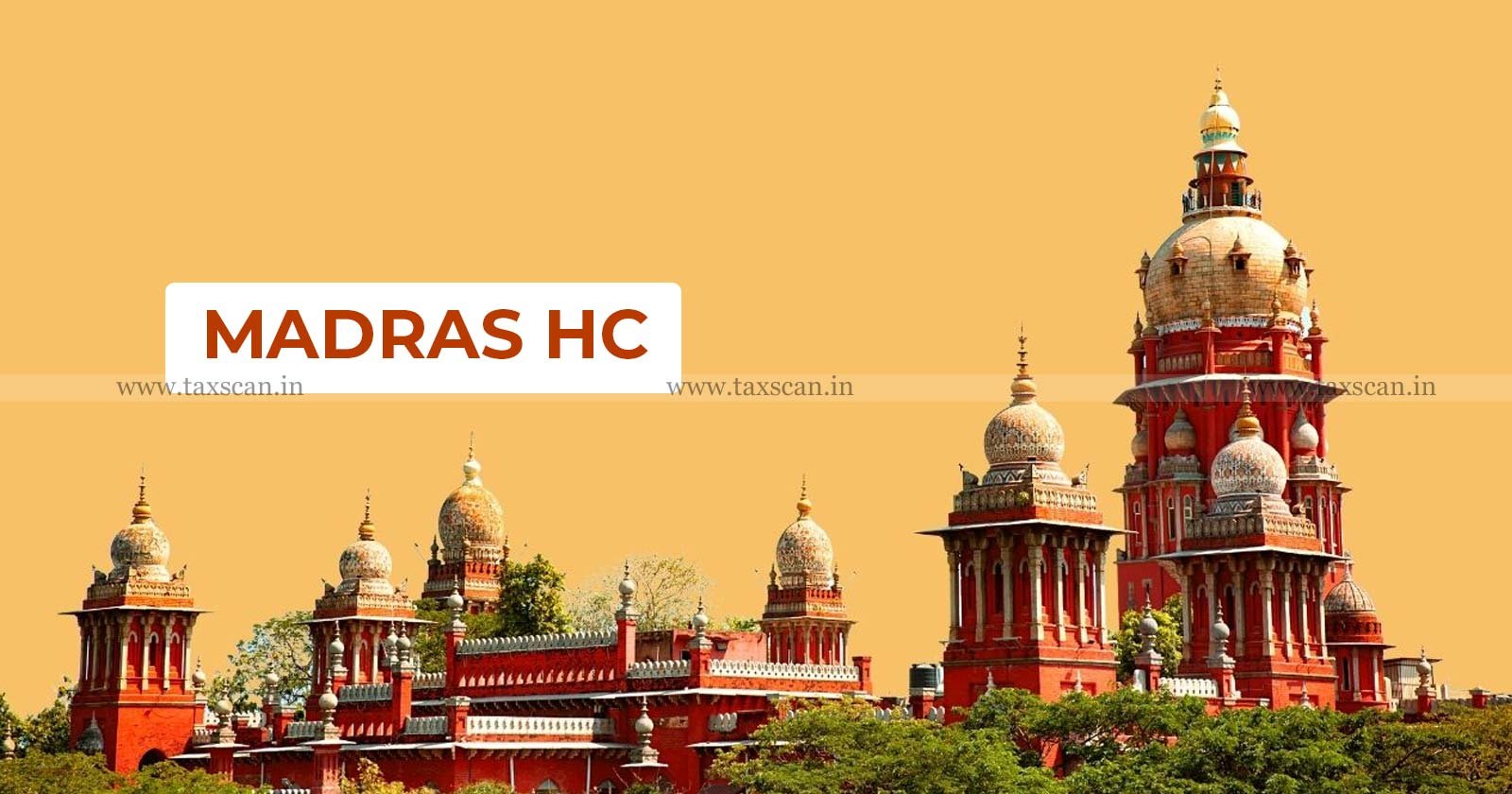The issue of caste discrimination in India has deep historical roots, and one of the most contentious areas is temple entry and worship rights. Despite constitutional guarantees of equality and non-discrimination, many temples have traditionally restricted access based on caste, leading to social exclusion and marginalization of certain groups. Recent court rulings have sought to address these issues, affirming the right to equal access to temples and worship for all individuals, regardless of caste. These judgments underscore the importance of upholding constitutional values and promoting social equality in religious institutions.
The Madras High Court has made significant rulings regarding caste discrimination and temple access. The Madras High Court ruled that no caste can claim ownership of a temple, and the administration of a temple based on caste identity is not a protected religious practice under the Constitution of India. The case arose from a petition to direct the Hindu Religious and Charitable Endowment (HR & CE) Department to approve a recommendation to separate the administration of the Arulmighu Ponkaliamman Temple from a group of other temples, including the Arulmighu Mariamman, Angalamman, and Perumal Temples. A Bench of Justice Bharatha Chakravarthy said, “The temple is a public temple and, as such, can be worshipped, managed, and administered by all devotees. Even a social group identifying itself by the name of the caste may have a particular way of worship and will be entitled to their customary rights regarding that manner of worship. Caste in itself, is not a religious denomination.
The Madras High Court has made significant rulings regarding caste discrimination and temple access.
key points:
Equal Access to Temples: The court has directed that Scheduled Caste community members must be allowed access to temples and participate in ritual festivities without obstruction, emphasizing that denying temple entry based on caste is an affront to dignity.
No Caste-Based Ownership: The court has ruled that no caste can claim ownership of a temple, and administration based on caste identity is not a protected religious practice under the Constitution.
Constitutional Rights: The judgments emphasize that caste discrimination cannot override constitutional rights, particularly Articles 25 and 26, which protect essential religious practices and the rights of religious denominations.
Public Temples: The court has noted that public temples are open to all devotees for worship and cannot be restricted based on caste.
Legal Framework: The Tamil Nadu Temple Entry Authorisation Act, 1947, allows Hindus of all castes to enter temples and offer worship, making any restriction on temple entry based on caste an actionable wrong.
These rulings reinforce the principles of equality and non-discrimination enshrined in the Indian Constitution.
The Madras High Court’s ruling that caste discrimination cannot override constitutional rights marks a significant milestone in the pursuit of equality and social justice. By directing that temple access be granted to all, regardless of caste, the court has reaffirmed the principles of inclusivity and non-discrimination enshrined in the Indian Constitution.

